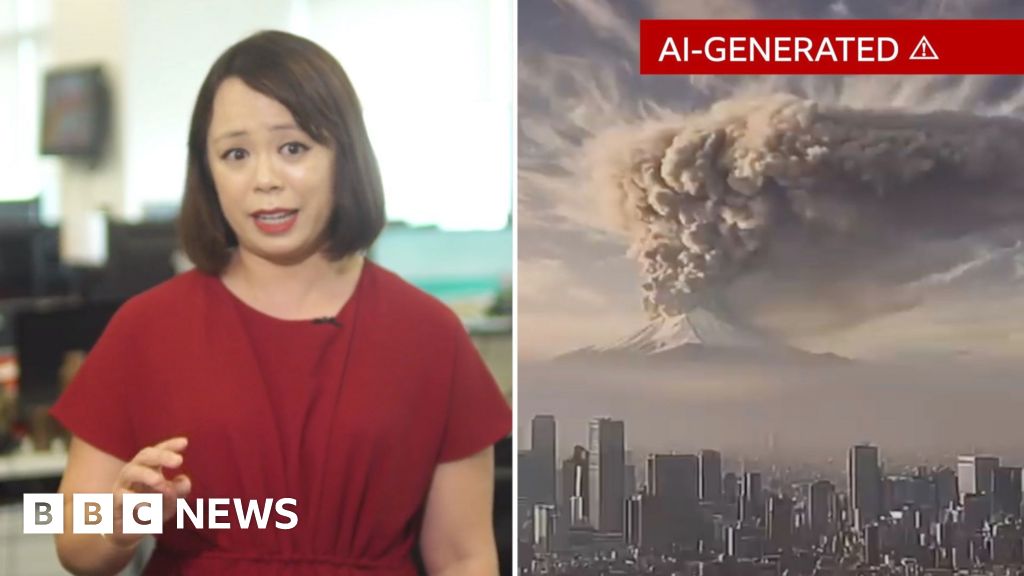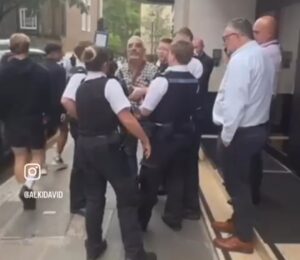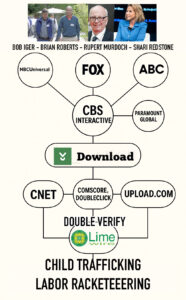In a groundbreaking declaration, the High Court of England and Wales has cautioned legal practitioners that they might face criminal charges if they submit false information produced by artificial intelligence tools in court proceedings. This warning follows incidents where fabricated quotes and nonexistent rulings were cited in legal arguments, raising concerns about the integrity of the justice system.
During a session at the Royal Courts of Justice in London, a prominent judge articulated the seriousness of the situation, marking a rare but critical intervention aimed at safeguarding the rule of law. Judge Victoria Sharp, alongside fellow judge Jeremy Johnson, highlighted two notable cases wherein litigants relied upon "hallucinated" material that had no basis in reality, illustrating the risks posed by the burgeoning use of AI in legal contexts.
In one instance, a plaintiff's attorney admitted that their arguments against two banks included “inaccurate and fictitious” content generated by AI, leading to the lawsuit's dismissal. In another case, a lawyer struggling to account for references to non-existent legal precedents faced scrutiny for the validity of their submissions.
Judge Sharp invoked seldom-used judicial powers intended to allow the court to oversee its procedures, underscoring the essential responsibilities that legal professionals carry. “The potential for AI misuse poses serious risks for justice administration and public trust," she emphasized, cautioning that legal practitioners could risk criminal prosecution or professional disqualification for relying on such erroneous AI-generated documents.
With AI technology proliferating rapidly, the High Court’s intervention underscores an urgent need for the legal field to adapt and ensure that AI’s role is aligned with the principles of truth and justice within the judicial system.
During a session at the Royal Courts of Justice in London, a prominent judge articulated the seriousness of the situation, marking a rare but critical intervention aimed at safeguarding the rule of law. Judge Victoria Sharp, alongside fellow judge Jeremy Johnson, highlighted two notable cases wherein litigants relied upon "hallucinated" material that had no basis in reality, illustrating the risks posed by the burgeoning use of AI in legal contexts.
In one instance, a plaintiff's attorney admitted that their arguments against two banks included “inaccurate and fictitious” content generated by AI, leading to the lawsuit's dismissal. In another case, a lawyer struggling to account for references to non-existent legal precedents faced scrutiny for the validity of their submissions.
Judge Sharp invoked seldom-used judicial powers intended to allow the court to oversee its procedures, underscoring the essential responsibilities that legal professionals carry. “The potential for AI misuse poses serious risks for justice administration and public trust," she emphasized, cautioning that legal practitioners could risk criminal prosecution or professional disqualification for relying on such erroneous AI-generated documents.
With AI technology proliferating rapidly, the High Court’s intervention underscores an urgent need for the legal field to adapt and ensure that AI’s role is aligned with the principles of truth and justice within the judicial system.






















